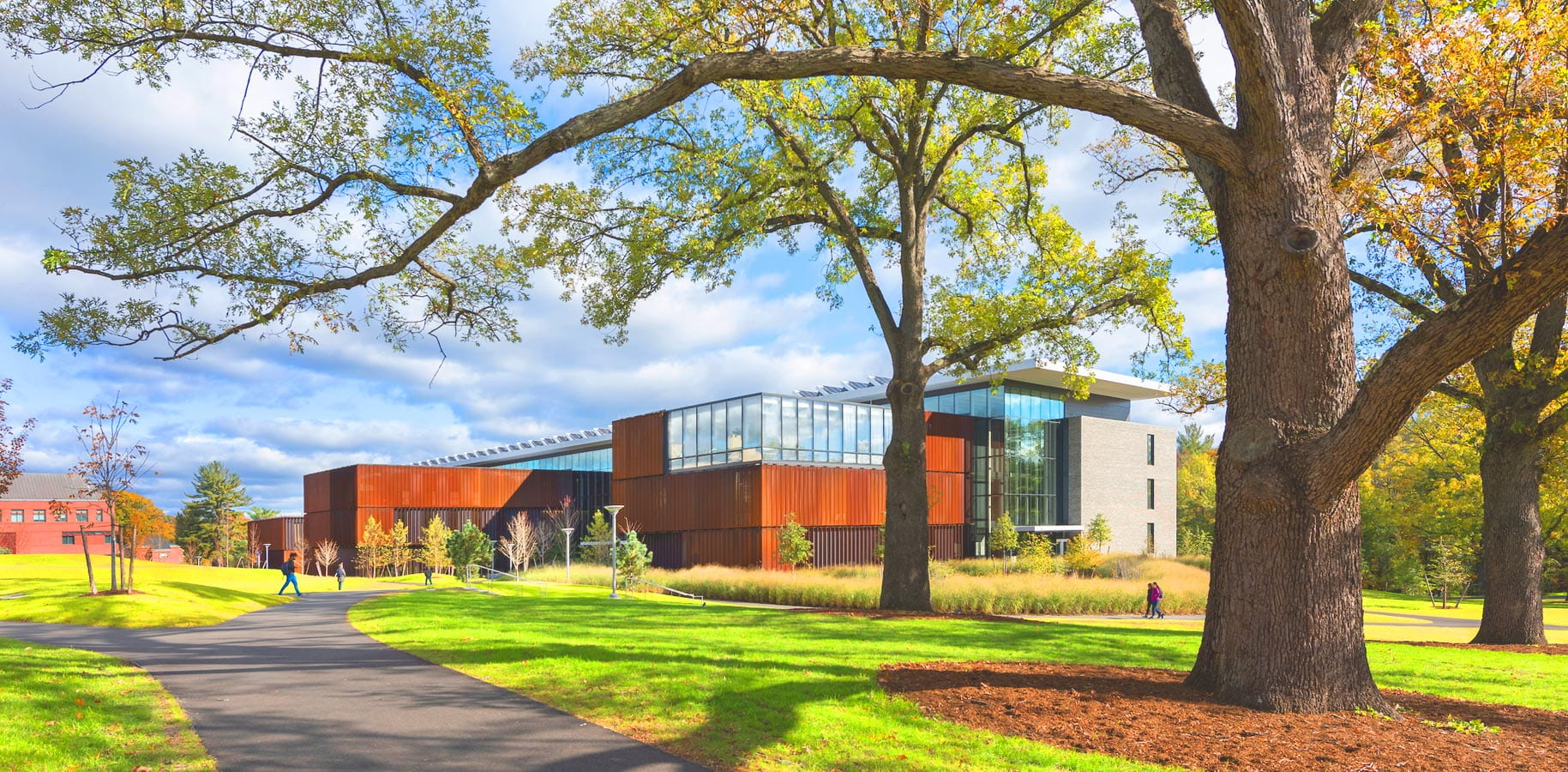Yesterday was my last day working at CERN, and I was kept busy until the last moment. I spent the morning testing recently built electronics, and then I helped install them in the Antimatter Factory in the afternoon. It’s hard to believe that I untied my safety shoes for the last time and that my summer at CERN is over.
This week I did some final testing of my code and then used it to simulate ground state antihydrogen annihilation trajectories in our trap. My project is the first time our collaboration has rigorously accounted for the positron plasma’s rotation, and my results were interesting. It turns out that the plasma’s rotation has a large impact on which antihydrogen will make it all the way through our trap to reach the detector. Understanding this fact is important, because we need the antihydrogen to reach the detector in order to take our hyperfine structure measurement. My results also confirm our belief that lower temperatures are important for the experiment.
I presented my results to leaders in the collaboration on Wednesday, and I will present (remotely) to a larger subset of the collaboration at their meeting in September. On Thursday, I gave a 12 minute talk for the University of Michigan CERN REU program. It was very fun to present my research and listen to my friends in the REU present their projects. In parallel with preparing my presentations, I wrote a technical report which will be published on the CERN document server. I enjoyed working on my project, and I am happy that my work yielded interesting results for me to present.
Outside of work, I think I made the most of my time in Europe. I was able to travel every weekend, and over the course of the summer I visited Annecy, Chamonix, Marseille, Lyon, Montreux, Prague, Gruyères, Lausanne, Milan, Florence, Lake Como, Lauterbrunnen, Grindelwald, and Bern. It feels surreal that I have been living in Switzerland for 9 weeks and am flying back to the U.S. tomorrow. This summer was extremely scientifically and culturally enriching and I feel very grateful to the University of Michigan CERN REU program for making this experience possible for me.
Last Week of Simulating Antihydrogen Annihilation Distributions at CERN
